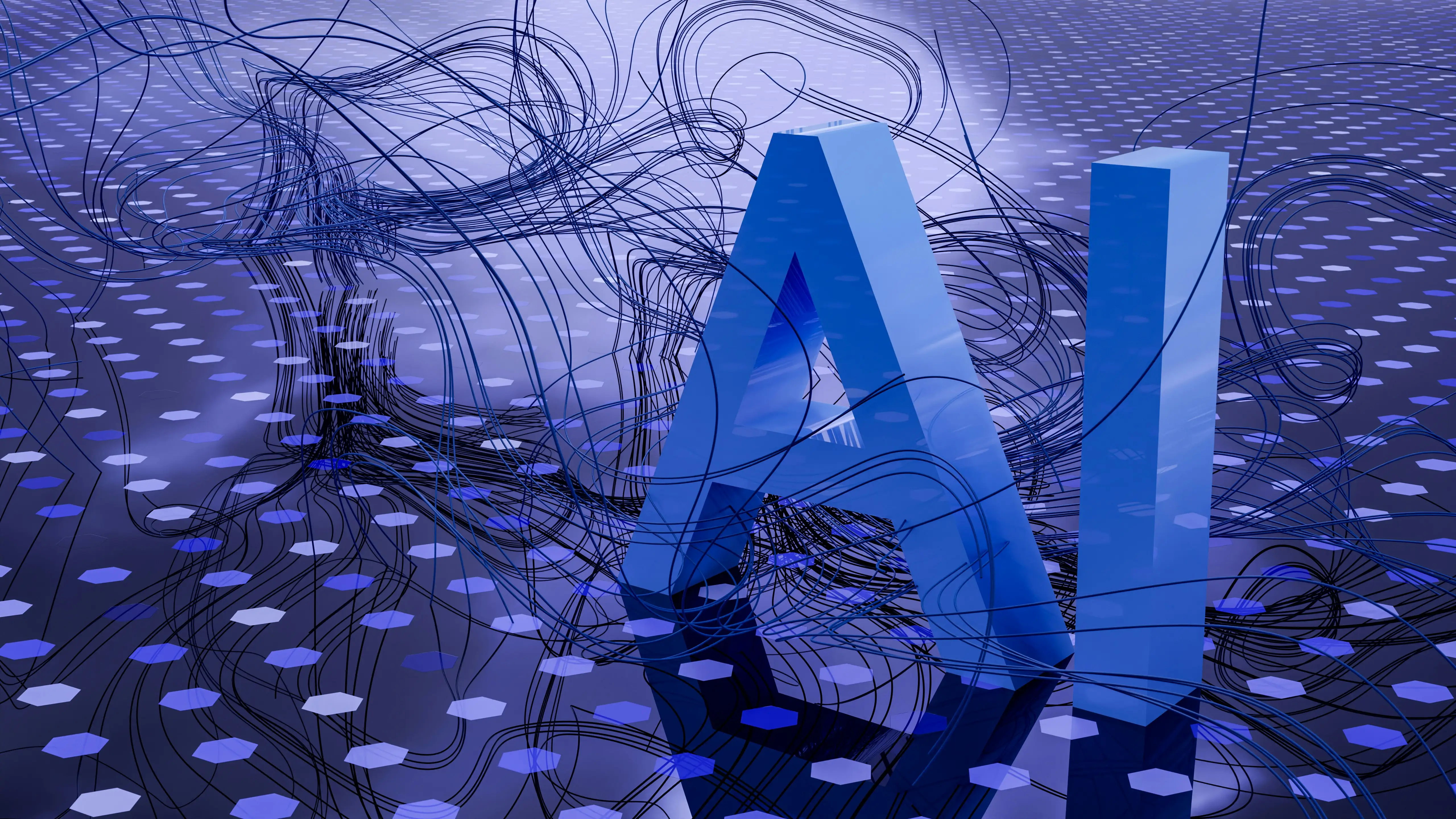Artificial Intelligence (AI) is quickly changing sectors and project management is no different. The use of AI in project management is not just a passing fad. It's becoming essential for organizations looking to keep up in the market. AI tools can simplify processes, direct better decision making, and boost project results overall. With AI support, managers can concentrate on planning and execution instead of getting stuck with routine duties.
One major benefit of AI in project management is its capacity to swiftly analyze volumes of data. This feature enables project managers to understand project performance better and allocate resources effectively while identifying risks. With the help of AI-driven analytics, teams can make informed decisions using up-to-date information, which ultimately enhances efficiency and productivity. As more and more companies start using Software as a Service (SaaS), the incorporation of AI technology becomes smoother, allowing teams to make use of insights based on data.
In addition, the point about AI's usefulness in improving communication and teamwork within a group of individuals is worth noting! With the ability to handle tasks like setting up meetings and keeping track of timelines autonomously, AI assistance allows project leaders and team participants to dedicate their time to project elements instead! This boost in productivity helps create an environment of transparency in projects where everyone is aligned and able to contribute towards achieving project goals!
"Improving Clarity in Projects Utilizing Artificial Intelligence." Open communication in projects is essential for establishing trust among stakeholders and making sure everyone is on the same page with the project's objectives. AI has the potential to improve transparency by offering updates and valuable insights into project advancement. Through the use of AI-powered project management tools, stakeholders can view dashboards showing metrics, timelines, and resource allocation details, which encourages responsibility and commitment.
Furthermore, AI has the capability to pinpoint bottlenecks and concerns before they develop into issues. By reviewing data and the latest project indicators, AI applications can forecast hurdles and suggest preventive actions to lessen risks. This level of anticipation not only boosts openness but also enables project leaders to make educated choices that maintain project progress.
Moreover, the application of intelligence in project management promotes communication among team members. With the help of AI tools that support cooperation, team members can exchange information, give input, and tackle issues instantly. This environment of collaboration fosters transparency as all individuals participating in the project have access to identical data and can contribute to resolving challenges.
Maintaining Expenses and Managing Finances with the Help of Artificial Intelligence
Keeping a check on development expenses is crucial in project management, and artificial intelligence (AI) can greatly improve how budgets are managed in projects. By using AI algorithms, project managers can study past spending trends and predict costs accurately. This predictive ability enables teams to distribute resources more efficiently and prevent exceeding the budget.
Project management software powered by AI can automate expense tracking and reporting tasks, making it easier for project managers to handle duties efficiently without being overwhelmed by spreadsheets and manual number crunching tasks. Teams can then concentrate more on planning rather than getting bogged down in mundane tasks. This enhanced efficiency not only saves time but also reduces the chances of errors occurring in financial data maintenance, ensuring accuracy and timeliness.
In addition, AI is also helpful in pinpointing cost-saving opportunities during the project's lifespan. By examining information from projects, AI software can point out sections where expenses can be minimized without sacrificing excellence. This strategic thinking towards managing costs empowers companies to optimize their investment returns and distribute resources effectively.
Agile approaches have become well-liked in project management because of their flexibility and adaptability benefits. The incorporation of AI into these techniques could strengthen these approaches more by enabling teams to react promptly to alterations. AI has the potential to offer feedback on team effectiveness by aiding project managers in recognizing areas for enhancement and streamlining workflows.
AI can help methods by automating the prioritization of tasks based on project data and team capabilities. By suggesting which tasks to tackle first, AI tools ensure that teams work on activities enhancing efficiency and adhering to principles of incremental value delivery.
Furthermore, AI has the capability to support feedback loops, which are aspects of Agile practices. Gathering and evaluating input from team members and stakeholders, AI tools can assist project managers in making informed modifications to project strategies. This incremental method promotes a climate of constant enhancement that allows teams to promptly respond to evolving needs and achieve positive results.
Risk Management in Projects Utilizing Artificial Intelligence
Project management includes the aspect of risk management in which AI plays a role in improving this process significantly. AI tools can make good use of machine learning algorithms to examine project data and recognize risks along with their chances of happening. With this ability at hand, project managers can take actions to reduce risks before they affect project schedules and finances.
Artificial intelligence can also help in creating strategies to manage risks effectively by examining situations and potential results to suggest the courses of action for dealing with identified risks. This method, based on data analysis, empowers project leaders to make informed choices that improve project durability and reduce interruptions.
Moreover, AI can aid in the monitoring of risks throughout the project's duration. By evaluating project data, AI tools can warn project managers about risks and variations in project conditions. This on-the-spot surveillance guarantees that teams stay alert and are able to adjust their risk management approaches as necessary, resulting in achieving successful project results.
Enhancing Teamwork through the Use of Artificial Intelligence Tools
Collaborating effectively is crucial for the success of a project, and artificial intelligence (AI) can greatly improve teamwork dynamics. AI-driven project management tools help in fostering communication among team members by offering a space for exchanging information and giving updates or feedback. This efficient communication system minimizes the risk of misinterpretations and guarantees that all team members are on the same page regarding project objectives.
Moreover, AI possesses the capability to pinpoint the strengths and weaknesses of team members, enabling project managers to assign tasks efficiently. Through analyzing data related to performance, AI tools are able to suggest which team members are most suitable for particular tasks, thus maximizing resource allocation and boosting the performance of the team.
Furthermore, AI has the potential to cultivate an atmosphere by promoting the sharing of knowledge and fostering ongoing learning opportunities. By leveraging insights provided by team members, they can draw lessons from previous projects and implement proven strategies in their current endeavors. This collaborative setting not only enhances the results of projects but also boosts team spirit and involvement.
The Evolving Landscape of Artificial Intelligence and Project Management
The advancements in AI technology are set to have an impact on project management as time progresses. The future projections suggest that AI will be intricately woven into project management tools, with an array of functionalities and features being made available to users. For example, it is anticipated that there will be improved analytics offering insights into project progress and possible challenges ahead.
Furthermore, the development of natural language processing (NLP) will empower AI tools to grasp and interpret language. This progress will enhance the ease of communication between project managers and AI systems, enabling access to information and suggestions. Consequently, project managers will find it simpler to incorporate AI insights into their decision-making procedures seamlessly.
Moreover, the increasing use of remote and dispersed teams will create a need for AI applications that improve teamwork and communication. AI technologies will be essential in connecting team members and ensuring that projects progress smoothly despite distance barriers. As companies embrace these developments, the landscape of project management is certain to be influenced by the innovations in AI.
The incorporation of Artificial Intelligence in project management is not merely a fad but a significant change that companies need to adopt to stay competitive. Effectively leveraging AI tools allows project managers to increase transparency in projects, control costs better, and implement Agile methodologies more efficiently. The advantages of AI go beyond just productivity by promoting a collaborative environment and ongoing enhancements.
In the evolving world of project management, today's organizations are increasingly relying on AI to enhance their efficiency and drive innovation in projects, leading to overall better outcomes. Those who embrace and leverage AI will have a competitive edge in the ever-changing business environment ahead.












